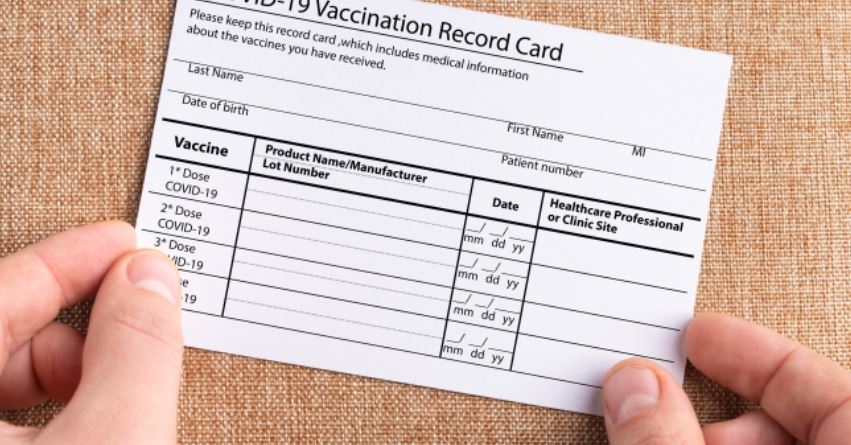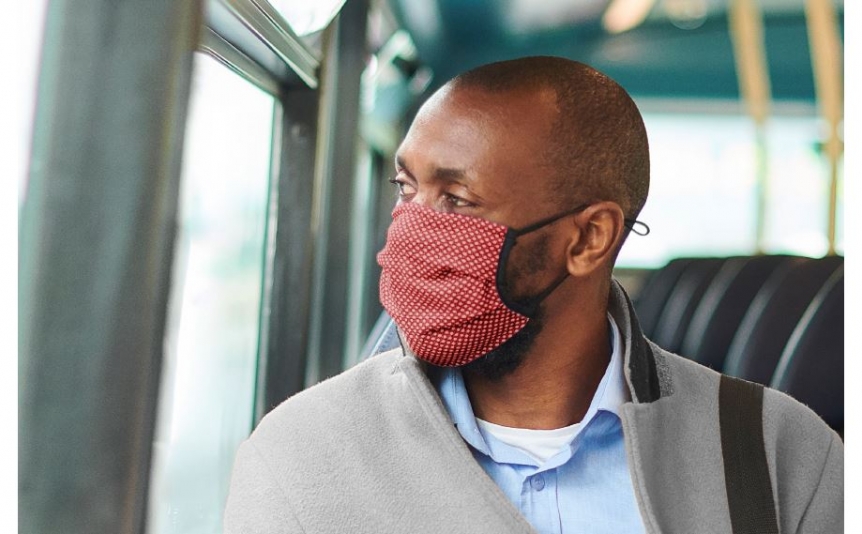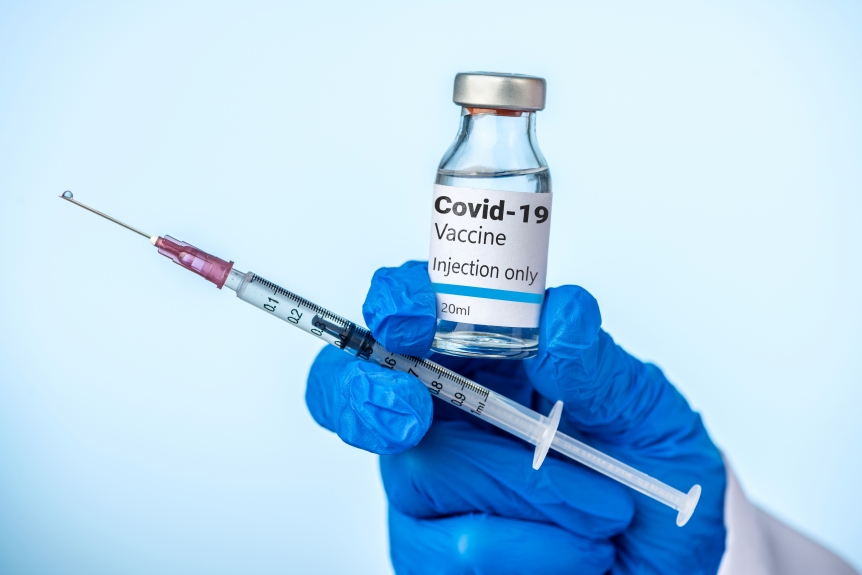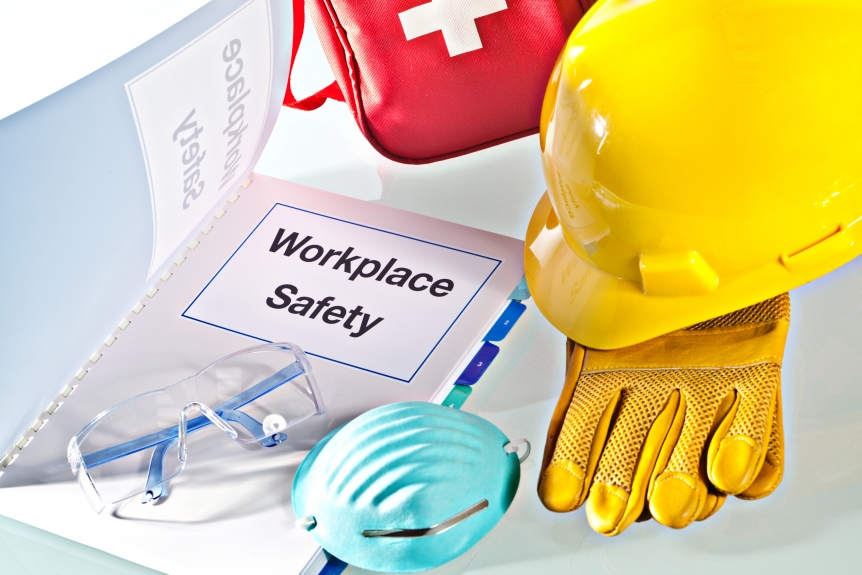By Nathanael M. Alexander, Esq. for AssuredPartners Since we last blogged about the changes in the world of COVID-19 vaccines there have been plenty of headlining developments that are worthy of mention including the August 23, 2021 FDA approval of the Pfizer vaccine, a woman being arrested in Hawaii for attempting to skirt the state’s entry requirements via the use of a fake vaccination card, and various state law mandates for teachers, healthcare workers, etc. This is all coupled with much enthusiasm from employers hoping to follow in the footsteps of Delta Air Lines’ recent decision to add a $200 monthly health insurance charge for their unvaccinated staff members. This heightened enthusiasm has led many employers to explore the various ramifications (both legal and …
Understanding and Addressing Vaccine Hesitancy
White Paper By CVS Health Troy Brennan, MD, Executive Vice President and Chief Medical Officer, CVS Health Sree Chaguturu, MD, Senior Vice President, CVS Health and Chief Medical Officer, CVS Caremark Garth Graham, MD, Vice President, Chief Community Health Officer, Aetna The white paper states, “For the Country to achieve significant control of COVID-19, widespread adoption of safe and efficacious vaccines across all communities and populations will be critical.” Demographic insights are listed below. Other key survey results and the need for a multi-pronged approach to addressing specific concerns are covered. Read the white paper here. Demographic Insights: Men are more likely to be vaccinated than women. College-educated participants are more likely to be vaccinated. Higher-income participants are most likely …
COVID-19 Immunizations and Employee Relations Considerations for Long-term Care Facilities
By Richard L. Hackman, Esq. and Collin T. Keyser, Esq., Saxton & Stump Lawyers and Consultants With the imminent possibility of a COVID-19 vaccine, long-term care facilities must be prepared for staff questions and concerns related to immunization for the virus. A recent Gallup survey indicated that approximately 42% of Americans would decline an approved COVID-19 vaccination. Reasons for declining included: the rushed timeline for development of the vaccine; the desire to wait to confirm the vaccine is safe; no trust in vaccines in general; and the desire to wait to determine the effectiveness of the vaccine. These same concerns as voiced by the general populace most certainly will arise with facility staff, which will require an employer to engage …
Optimize Ventilation to Reduce COVID-19 Transmission Risk
By Toby Graham, KPA The Occupational Health and Safety Administration (OSHA) released new COVID-19 guidance on ventilation in the workplace. Employers should discuss options for optimizing building ventilation with an HVAC professional. Steps that can be taken include: Encourage workers to stay home if they are sick. Ensure all HVAC systems are fully functional, especially those shut down or operating at reduced capacity during the pandemic. Remove or redirect personal fans to prevent blowing air from one worker to another. Use HVAC system filters with a Minimum Efficiency Reporting Value (MERV) rating of 13 or higher, where feasible. Increase the HVAC system’s outdoor air intake. Open windows or other sources of fresh air where possible. Be sure exhaust air is …
Preventing Opioid Misuse and Abuse Among an Aging Population
By Josh Mountz, M.Ed, Prevention Specialist, Compass Mark August 31 is International Overdose Awareness Day. Compass Mark and Murray are partnering to relay information about the opioid crisis. According to the Centers for Disease Control and Prevention, drug overdose remains a leading cause of injury-related death in the United States. Overdoses involving prescription and illicit opioids take the lives of 128 people every day. The population of the United States is graying as more and more baby boomers enter their senior years, a demographic shift often referred to by the US Census Bureau as a “gray tsunami.” One issue facing the senior population is the misuse and abuse of prescription drugs, especially opioids. This can occur for a variety of …
EEOC Expands COVID-19 Return-to-Work Guidance
On June 11, 2020, the Equal Employment Opportunity Commission (EEOC) issued more guidance concerning COVID-19 and return to work. Click for FAQs regarding the new guidance. For more information, contact a Murray Health Benefits consultant at 717.397.9600.
Leveraging Benefits in Post-coronavirus Compensation
In response to the coronavirus (COVID-19) pandemic, many organizations have been faced with making tough decisions—often leading to layoffs, furloughed employees and reduced pay. Post-coronavirus, many employers find themselves torn between balancing fair compensation and the current financial realities of their business—while hoping to return to a new sense of normalcy. The current employment market is intrigued by more than just pay, and compensation is often viewed holistically—including benefits packages. As organizations complete post-coronavirus planning, benefits can be leveraged as an attractive offering for both current and prospective employees. Click for Post-coronavirus compensation considerations for employers. Contact a Murray Health Benefits consultant at 717.397.9600 to further discuss your options.
June Is National Safety Month – Mental Health During COVID-19
The National Safety Council designates June as National Safety Month. The impacts of the COVID-19 pandemic will affect employees well beyond the immediacy of the initial crisis. As an employer, you have a unique ability and responsibility to manage your benefit providers, such as Employee Assistance Programs (EAP) and health insurance plans to ensure your workers have access to the help and support they need. Find out more about an employer’s role>>> To further discuss, contact your Murray Risk Control Consultant or Health Benefits Consultant at 717.397.9600.
Considerations for a Remote Workforce
By Hannah Lopez, MBA, SHRM-CP, Human Resource Consultant In recent years, more businesses have been shifting towards a more remote workforce. The advent of the coronavirus pandemic has only accelerated this trend. Many businesses are now giving serious consideration to continuing remote opportunities for their employees even after the COVID-19 pandemic ends. The link below covers the pros and cons of remote work, as well as other considerations every company needs to process before making these changes permanent. Pro and Con Considerations for a Remote Workforce Contact Hannah at 717.205.5117 to further discuss.
HR Reopening Considerations During COVID-19
By Hannah Lopez, MBA, SHRM-CP, Human Resource Consultant As companies begin to ramp up operations and bring staff back to work, Hannah has some suggestions for your consideration. HR Reopening Considerations During COVID-19 To further discuss, contact Hannah at 717.205.5117 or email her.










